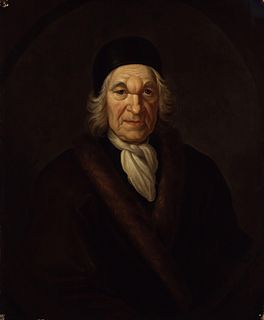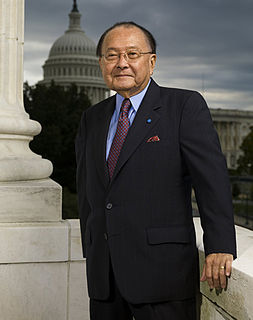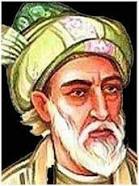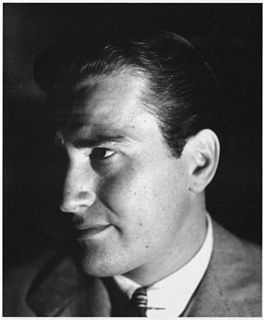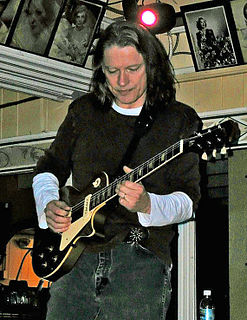A Quote by Charles de Saint-Évremond
It well becomes a man who is no longer young to forget that he ever was.
Related Quotes
When an old man and a young man work together, it can make an ugly sight or a pretty one, depending on who's in charge. If the young man's in charge or won't let the old man take over, the young man's brute strength becomes destructive and inefficient, and the old man's intelligence, out of frustration, grows cruel and inefficient. Sometimes the old man forgets that he is old and tries to compete with the young man's strength, and then it's a sad sight. Or the young man forgets that he is young and argues with the old man about how to do the work, and that's a sad sight, too.
If you look at coastlines, if you look at that them from far away, from an airplane, well, you don't see details, you see a certain complication. When you come closer, the complication becomes more local, but again continues. And come closer and closer and closer, the coastline becomes longer and longer and longer because it has more detail entering in.
Do not forget, do not ever forget, that you have promised me to use the money to make yourself an honest man.' Valjean, who did not recall having made any promise, was silent. The bishop had spoken the words slowly and deliberately. He concluded with a solemn emphasis: Jean Valjean, my brother, you no longer belong to what is evil but to what is good. I have bought your soul to save it from black thoughts and the spirit of perdition, and I give it to God.
Essentially, the popular musician in America must learn that his basic job is to entertain people, to make them forget their sorrows for a moment or two; in the same sense that any popular art form must aim at the same distraction value. Any such job as that is basically a young man's business. It takes a young man's energy to go traveling around the country, night after night in a different place, prancing and cavorting around in front of mobs of people all out to try to forget their problems for an evening. And for a young man it can be a good enough way of life, if he happens to like it.
Under the discipline of unity, knowledge and morality come together. No longer can we have that paltry 'objective' knowledge so prized by the academic specialists. To know anything at all becomes a moral predicament. Aware that there is no such thing as a specialized effect, one becomes responsible for judgments as well as facts. Aware that as an agricultural scientist he had 'one great subject,' Sir Albert Howard could no longer ask, What can I do with what I know? without at the same time asking, How can I be responsible for what I know?
I do believe it's possible to play a lot without overplaying. It's when a musician becomes too self-centred that it becomes problematic. You need to be aware of how what you're doing is affecting everyone else, and that's something young musicians often forget. Playing in a band is a shared experience. It's about what everyone is doing together.
